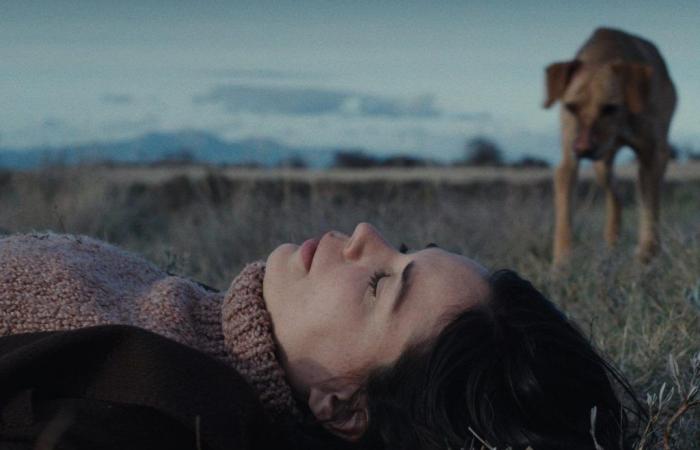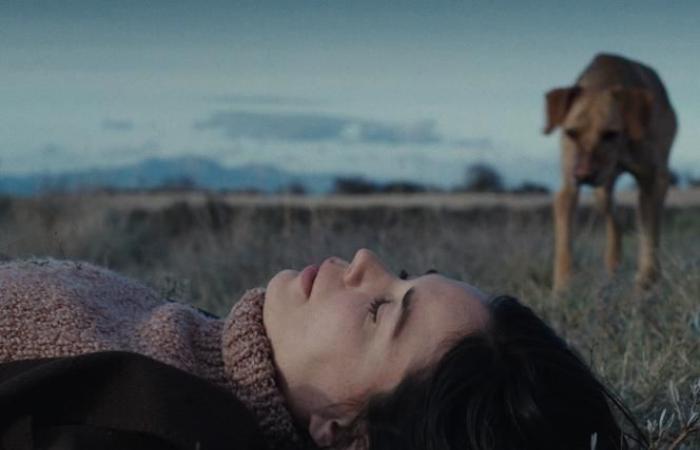THE OPINION OF THE “WORLD” – WHY NOT
Author of a long cinematography begun at the end of the 1980s under the aegis of Pedro Almodovar, the Catalan Isabel Coixet, 64 years old, is part of a generation of Spanish filmmakers predating that of the newcomers Rodrigo Sorogoyen, Jonas Trueba or Albert Serra. Coixet leads a mixed career, between independent Spanish films and international Anglo-Saxon productions, one of the haunting motifs of which is the testing of a solitary heroine.
Reason continued in one loveand somehow mixed with the theme of the disturbing rural background, as Rodrigo Sorogoyen had excelled at representing it in his recent successful film The Beasts (2022). Adapted from the eponymous novel by Sara Mesa published in Spain in 2020 (translated into French in 2022 by Grasset), the story features Natalia (Laia Costa), a thirty-year-old settled, we don’t know exactly for what reason, in a corner of remote countryside of the country surrounded by mountains, renting a dark house which is more or less falling into ruins. The presence of the pretty and melancholy city girl does not go unnoticed, especially by the men around her.
There is the owner of the hovel, a worrying man if ever there was one, who reprimands and despises her, refusing to make the slightest gesture to improve her housing conditions, offering her, we don’t really know why, a hideous, beaten dog, possibly aggressive. The most surprising thing is that Natalia, paralyzed, accepts everything from this miscreant, but cold-shoulders the local seducer, Piter (Hugo Silva) – the virile artisan type who came late to reconnect with the flavors of mother earth and natural wine in the deep country. – which nevertheless surrounds it with a sweet verbosity.
Scabrous market
The reason why she gives in to the obscene advances of her neighbor Andreas (Hovik Keuchkerian), nicknamed with distrust “the German” in the village, is all the more mysterious. The pot-bellied colossus, direct in business, offers to repair the roof of his house in which it is raining, and which the owner does not want to repair, in exchange for his authorization to” enter “ in her. A scabrous and nevertheless concluded deal, at the end of which the young woman, undoubtedly in need of company and protection, embarks with the brute on a sexually charged romance.
If we left Natalia’s adventures there, a strong suspicion of masochism would end up, in the mind of the spectator, weighing on her. Such a propensity for maceration, at a time of the #metoo movement and the celebration of powerful women, would at least have had the merit of singularity. It won’t happen. It is, notwithstanding this rhetorical ruse, the story of female alienation and liberation from the clutches of a violently imbecile phallocracy that this story, which does not go into detail in the gender description, invites us to. The fable, however, lacks subtlety, and we come away almost as relieved as the village heroine.
You have 3.26% of this article left to read. The rest is reserved for subscribers.







